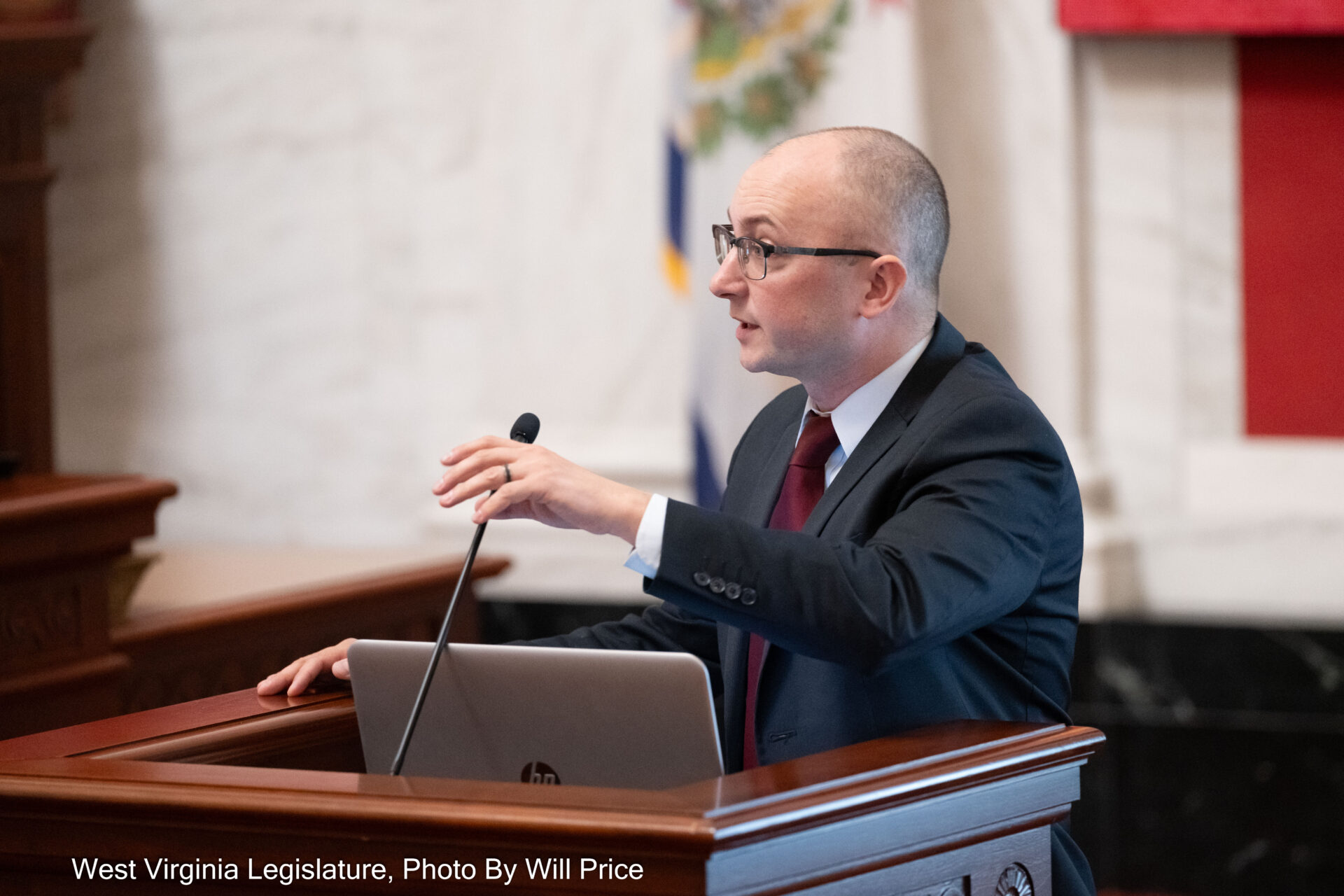Commissioner of the Department of Health and Human Resources’ Bureau for Public Health and West Virginia State Health Office, Matthew Christiansen, presented a state health plan to the West Virginia Legislature’s Joint Committee on Health.
However, lawmakers questioned the plan’s similarities to past years and the lack of specific goals.
Del. Mike Pushkin, D-Kanawha, thanked Christiansen for his report but asked if anything the legislature has done has helped improve the state’s health outcomes.
“We’ve been here long enough to see similar reports from other state health officials,” Pushkin said. “Have we seen any movement? Are we still at the bottom of every list or at the top of every rung list when it comes to poor public health outcomes? Has anything we’ve done here, moved the needle at all?”
Christiansen answered that there have been improvements in insurance access and accessibility to health care.
“Health care services and insurance coverage is one that we are consistently in the top 10 or so in the nation,” Christiansen said. “And so we do a good job at that; however, we still struggle with transportation issues, as you and I have discussed in the past, and accessibility of that health care access.”
Pushkin responded that the legislature expanded Medicaid for West Virginia residents years ago.
Starting Jan. 1, 2014, West Virginia expanded Medicaid under the Affordable Care Act. Under the expanded eligibility guidelines, adults aged 19 to 64 are eligible for Medicaid with a household income up to 138 percent of the poverty level.
For a single adult in 2023, that amounts to $20,120 in total annual income.
“I guess what I’m getting at, we’ve heard for years about the determinants of poor public health outcomes, whether it was in regards to children with adverse childhood experiences, or with other socio-economic factors that leads to these outcomes,” Pushkin said. “There have been a lot of plans and I’d hoped that this body, that the legislature is able to actually address it at some point, or we’re going to continue to be at the bottom of every list that we don’t want to be on.”
Del. Amy Summers, R-Taylor, said she and other members of the joint committee on health grew frustrated at the inaction.
“Where I think we reach frustration is that we never get past the planning stage. And we want to be where we get three to six measurable goals, and what will they be? And how are we going to measure them, and okay, we achieve these things, and let’s move to the next thing,” Summers said. “But we never seem to get to that point. And I think that’s just all of our desire, yours as well, is to change some things.”
Christiansen said the current state health plan will be the one implemented, but it will take time.
“This will be that,” Christiansen said. “The State Health Improvement Plan will be that plan that will have a clear set of priorities, a big part of our assessment and survey processes around that stakeholder engagement piece to make sure that we’re bringing other people to the table, acknowledging that we again can’t do those things alone as the Bureau for Public Health but that we need all of our other public health and health care partners at the table.”
